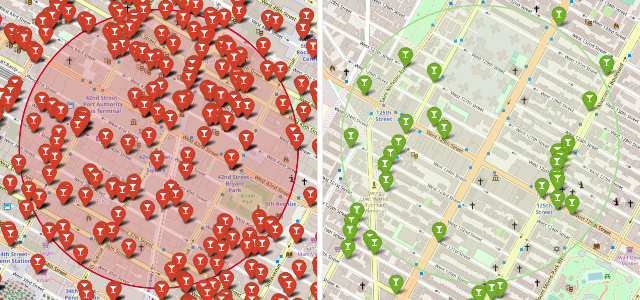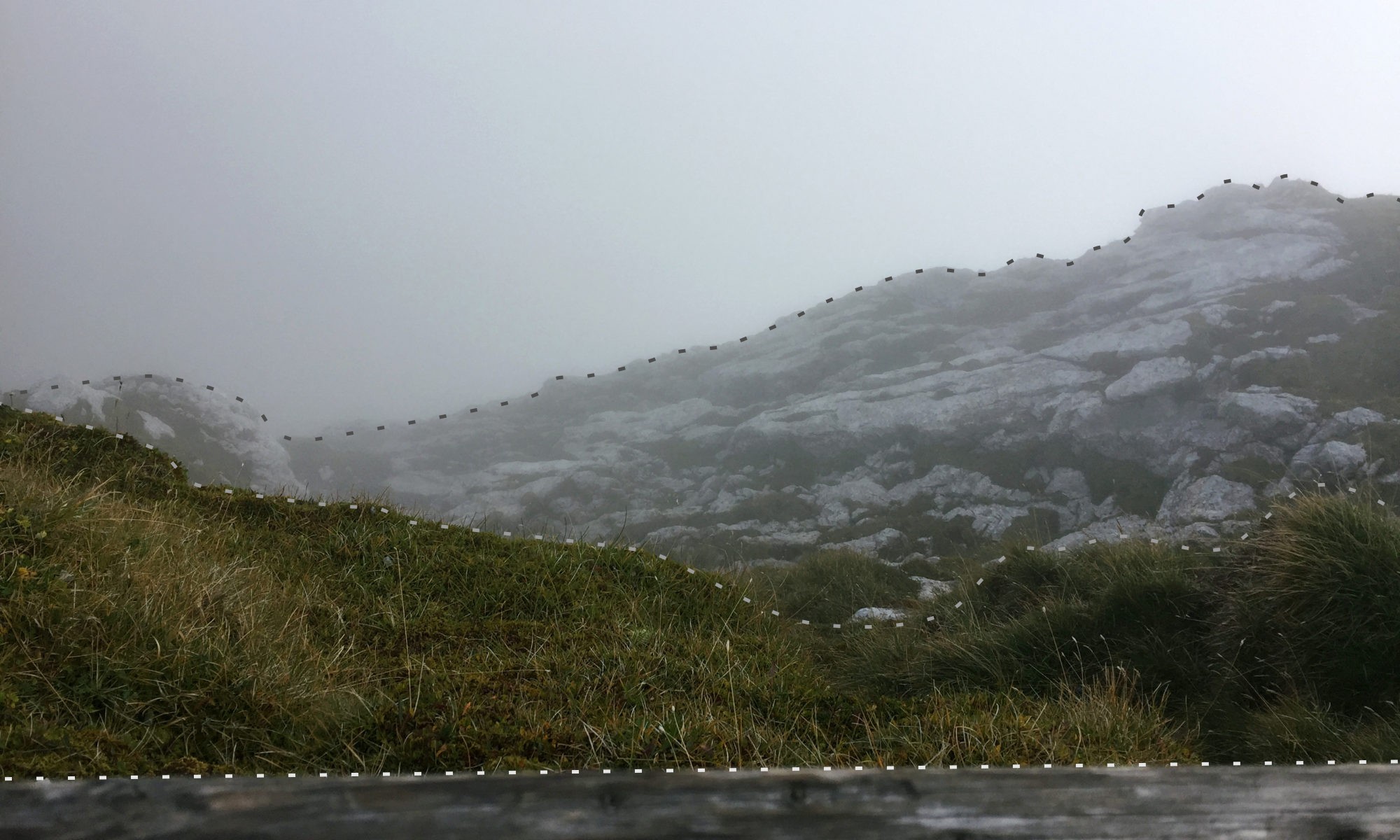This is the second post in a series on my experiences attending the Metis immersive Data Science course in New York City. My previous post covered the application process. My subsequent post covers Weeks 2-12. While I cannot guarantee anyone else’s bootcamp will be the same as mine, I hope you find these posts as useful as I found other blogs when I was researching data science programs.
Although Week 1 is the official start of bootcamp, most programs, including Metis, assign a plethora of readings and assignments to be completed before the first day. The content of this material seems fairly similar across different programs: schools want students to be capable of writing basic Python scripts and understand foundational concepts of linear algebra, calculus, statistics, and probability. I can’t speak for all bootcamps, but if you show up for your first day at Metis able to do all of the following you should be fine:
- Write a working Python function
- Multiply matrices
- Find a derivative and integral for a simple function
- Calculate summary statistics like variance and standard deviation
- Work through simple conditional probability problems
Even if you aren’t able to cover all of these topics you’ll probably be all right as most of them are reviewed in lectures, albeit briefly. In practice software takes care of much of the rote calculation you’ll need to perform for any of the math you learn but being able to properly interpret results will always require some conceptual understanding. The single most important skill you’ll utilize at bootcamp is Python coding; at Metis it is the backbone of every project and most assignments. The more comfortable you are in your coding skills, the more comfortable you’ll be with the bootcamp workload.
The exact format of Metis’ pre-course work may well change by the time you read this, but for the Spring 2019 cohort it was primarily composed of numerous short lessons contained in a Github repository, assigned readings from Allen Downey’s ‘Think Stats,’ and a few dozen math and coding challenges on HackerRank. The Metis repository also contained plenty of extra work that delved deeper into a variety of subjects but was not required to complete any challenges. Metis sends pre-bootcamp work to students a little over two months before class starts and their staff claims the required portions takes about 80 hours to complete, which I found to be a reasonable estimate. Work is submitted and checked, but as far as I know you won’t get ousted from the program if you don’t complete it. That said, I recommend doing all pre-bootcamp work and then some to arrive fully prepared for the rigors of the course. Bootcamps, by the nature of their brevity, do not afford instructors the time to cover most topics in depth. You will also not have the time to comprehensively study all of the material on your own, especially if you’ll be seeing much of it for the first time. Investing your time in studying before beginning a bootcamp can help you get the most out of it by allowing you to spend lectures clarifying and contextualizing concepts instead of constantly grappling with completely unfamiliar ideas. While simultaneously managing the demands of the pre-course work and full-time employment is certainly feasible, I recommend leaving your job at least a week before starting bootcamp if possible.
As soon as you start the Metis bootcamp, you’ll be immediately thrust into a new routine of lectures, short assignments, and project work. I devoted much of this post to the importance of the pre-course work because there is no adjustment period at Metis: the first project is assigned on Day 1 and due at the end of the week. You’ll work in a team, but completing and presenting exploratory data analysis when you’re relatively new to data science can still be a daunting task. Lectures and assignments during Week 1 focus on developing all the skills necessary to finish your first project, and in that way the first week serves as a microcosm of the course as a whole. At Metis you’ll almost always be working on a project; instructors assign new projects the day after the cohort presents their current ones. Lectures leading up to project delivery days are geared towards giving you the skills to complete the current project and tend to front-load vital information so you’ll have enough time to actually use it. For my cohort the group project required using MTA turnstile entry/exit data to solve a hypothetical business problem. My group combined the requisite data set with NYC liquor license information to determine the optimal areas of the city in which to open a new bar, preferably an area with high evening and weekend foot traffic but relatively few existing competitors. Cobbling together a project with people you just met is a great way to instill camaraderie and make everyone feel like they are doing the work of a data scientist. Looking back I feel like we barely accomplished anything on our first project, but that’s more of a testament to how much more material we’ve covered in the weeks since.

After my first week at Metis I felt comfortable with the daily routine and project cycles, largely due to working up to that first presentation at such a fast pace. More than anything else that first assignment represented a complete project we were able to credibly present to others, establishing a standard that defined expectations for all subsequent projects. Metis instructors and staff will often say that the first week of bootcamp is the most difficult, and I believe that to be accurate in the sense that establishing a routine is more difficult than maintaining it. Metis throws you into data science work right away and by the time you finish that first project you’re that much more ready to face the challenges each subsequent week has in store.
TL;DR
- The more you prepare before bootcamp the better you’ll be able to keep up with the pace of the course
- Metis ramps up very quickly: the first project is due at the end of Week 1

